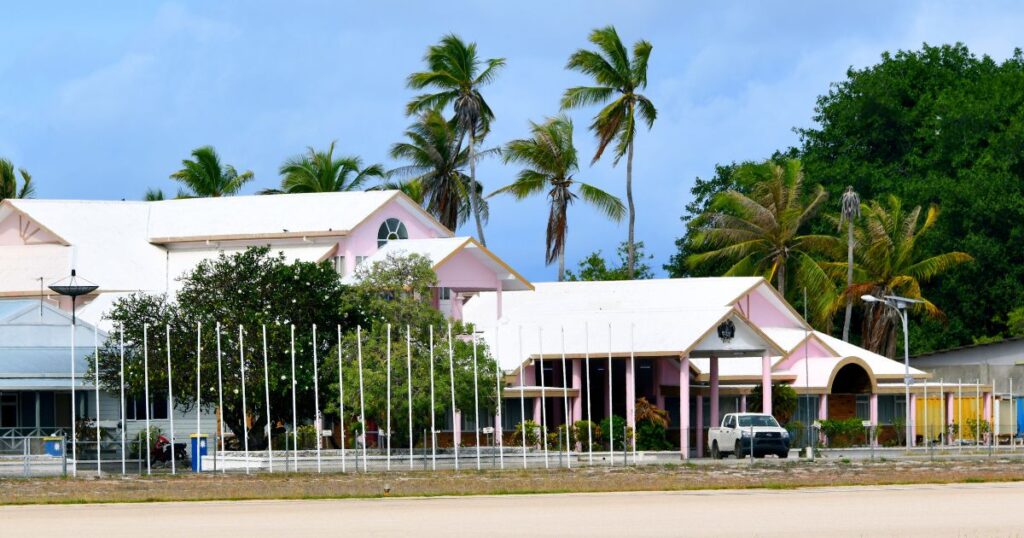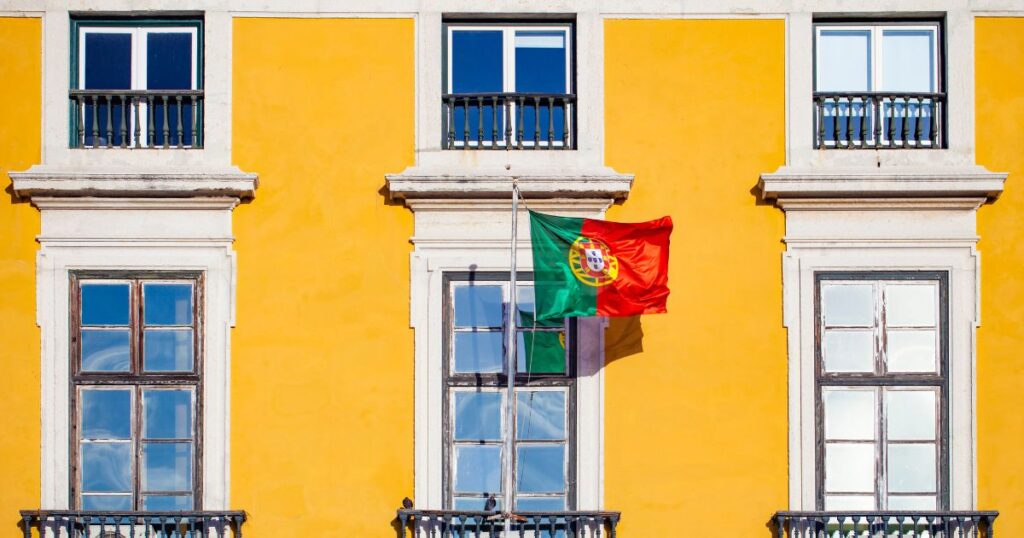In recent years, the rights and duties of citizens have expanded to rights of citizens to a protected environment and fair share of sustainable resource use.
What is Sustainable Citizenship?
A Sustainable citizenship is a new multifaceted concept that intertwines the responsibilities of individuals towards societal and environmental well-being. It goes beyond traditional notions of citizenship, which often focus solely on legal rights and obligations, to encompass a broader commitment to sustainable practices.
At its core, sustainable citizenship advocates for active participation in environmental stewardship. Citizens are encouraged to engage in practices that protect and preserve natural resources. This can include recycling, reducing waste, conserving energy, and supporting local ecosystems. Moreover, it emphasises the importance of making conscious choices that minimise harm to the environment.
Dominica Sets Example
One small country in Caribbean, Dominica has an example and embraced sustainability not just as a goal but as a way of life. Rising sea levels, increased storm intensity, and unpredictable weather patterns jeopardise both livelihoods and biodiversity in the ‘Nature Isle’ of the Caribbean. Thus, embracing sustainable citizenship has become imperative for the island’s inhabitants.
In 2017, Hurricane Maria caused damage approximately US$1.3 billion, wiping out 226% of Dominica’s gross domestic product (GDP). The extent of devastation necessitated a complete recovery process. This situation presented a unique opportunity for Dominica to serve as a model for the world, demonstrating how a nation can recover from disaster and achieve climate resilience.
Eco Friendly
The commitment to preserving its natural resources while promoting social and economic well-being is paramount. At the forefront of Dominica’s sustainability initiatives is the emphasis on eco-friendly practices. The government has enacted policies aimed at protecting its lush rainforests and pristine waters. For instance, the establishment of protected areas ensures the preservation of unique ecosystems. These zones safeguard numerous endemic species, fostering a balance between development and conservation.
Green Energy
Dominica has taken significant strides in renewable energy. The island aims to become the first climate-resilient nation globally, focusing on harnessing geothermal energy. This renewable resource has the potential to provide a substantial portion of the island’s energy needs, reducing reliance on imported fossil fuels. Such measures not only decrease carbon emissions but also promote energy independence.
Agriculture
Another vital aspect of Dominica’s sustainability efforts is the promotion of sustainable agriculture. The government encourages local farmers to adopt organic farming practices, reducing chemical usage and enhancing soil health. By supporting local food systems, the island fosters resilience against global market fluctuations while ensuring food security for its residents.
Tourism
In addition, sustainable tourism plays a pivotal role in Dominica’s economy. The island promotes eco-tourism, attracting visitors who appreciate its natural beauty while respecting the environment. Tour operators now focus on responsible practices, such as minimising waste and promoting conservation efforts. This approach not only boosts the economy but also educates tourists about the importance of sustainability.
Citizenship
Foreign investors can contribute to sustainability of Dominica and become citizens, by contributing atleast $200,000 to the Economic development under a special economic citizenship program.
The CBI funds are being channelled into projects focused on solar, wind, and geothermal energy, reducing reliance on imported fossil fuels and promoting energy independence.
Future Strategy
The National Resilience Strategy of Dominica (2030) is a comprehensive approach aimed at building resilience to natural disasters and climate change. This strategy encompasses various sectors, including infrastructure, health, and economic development, to ensure that the country can withstand and recover from adverse events. It focuses on enhancing disaster preparedness, strengthening infrastructure, and promoting sustainable practices that protect the environment and communities.
Conclusion
Rising sea levels, increased storm intensity, and unpredictable weather patterns jeopardise both livelihoods and biodiversity in the ‘Nature Isle’ of the Caribbean. Thus, embracing sustainable citizenship has become imperative for the island’s inhabitants.





